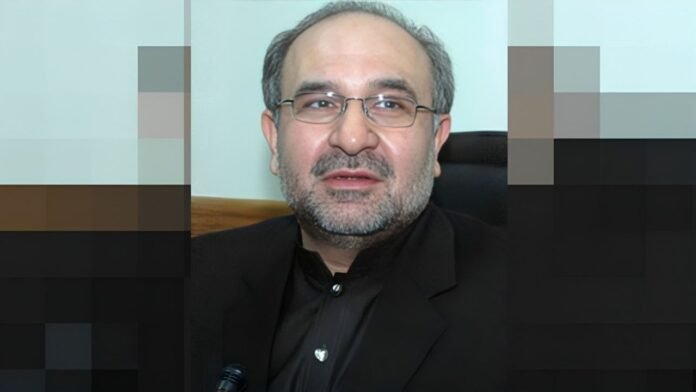Former Federal Minister Muhammad Durrani has recently voiced strong criticisms against the current administration’s handling of Independent Power Producers (IPPs) and its overall democratic practices. In a detailed interview, Durrani claimed that two influential families, who have controlled the country’s political landscape for over 54 years, own 70% of the IPPs. He claimed that this concentration of power has led to a skewed and unjust system where accountability is lacking.
Durrani criticized the government’s recent measures to provide electricity relief in Punjab. According to him, this relief merely returns taxpayers’ money and does not address the deeper issues related to IPPs. He highlighted that the government has not taken substantive action against the ‘thieves’ running these power companies, describing it as ‘using our own money to give us relief. Durrani’s comments reflect a broader concern about the misuse of public funds and the failure to address corruption within the power sector.
Concerns Over Democratic Integrity and Political Repression
Durrani, other than criticism of economic management, also expressed serious concerns about the democratic governance strategy of the current government. According to him, the administration uses the May 9 incidents as an excuse to clamp down on dissent and opposition leaders. According to Durrani, an independent investigation into these events might reveal involvement by government insiders. Suggesting a potential misuse of power to deflect attention from critical issues.
Durrani accused the current government of creating an anti-democratic atmosphere in Pakistan. Said that political repression is damaging the country’s reputation worldwide. He sees that political prisoners are not being released as part of a broader pattern of ignoring democratic norms. He says this contributes to negative perceptions about Pakistan throughout the world and undermines democracy, too.
Government’s Aversion to Negotiation and Reconciliation
Durrani also criticized what he described as the government’s refusal to negotiate or reconcile with others. According to Durrani, any dialogue is interpreted by those in power as posing an existential threat against them. The former minister claimed that this way of thinking only stifles constructive politics. This causes leaders not to find common ground for problem-solving. In his opinion, unwillingness on the part of the government to engage in genuine negotiations reflects deeper fears. About losing power rather than commitment towards democratic principles and peace-building.
Mohammad Ali Durranis’s statement reflects deep frustrations over how authorities have handled key issues under their watch. He presents economic mismanagement, democratic backsliding, and political repression as some of the many problems bedevilling Pakistan’s current leadership.


